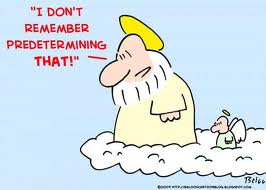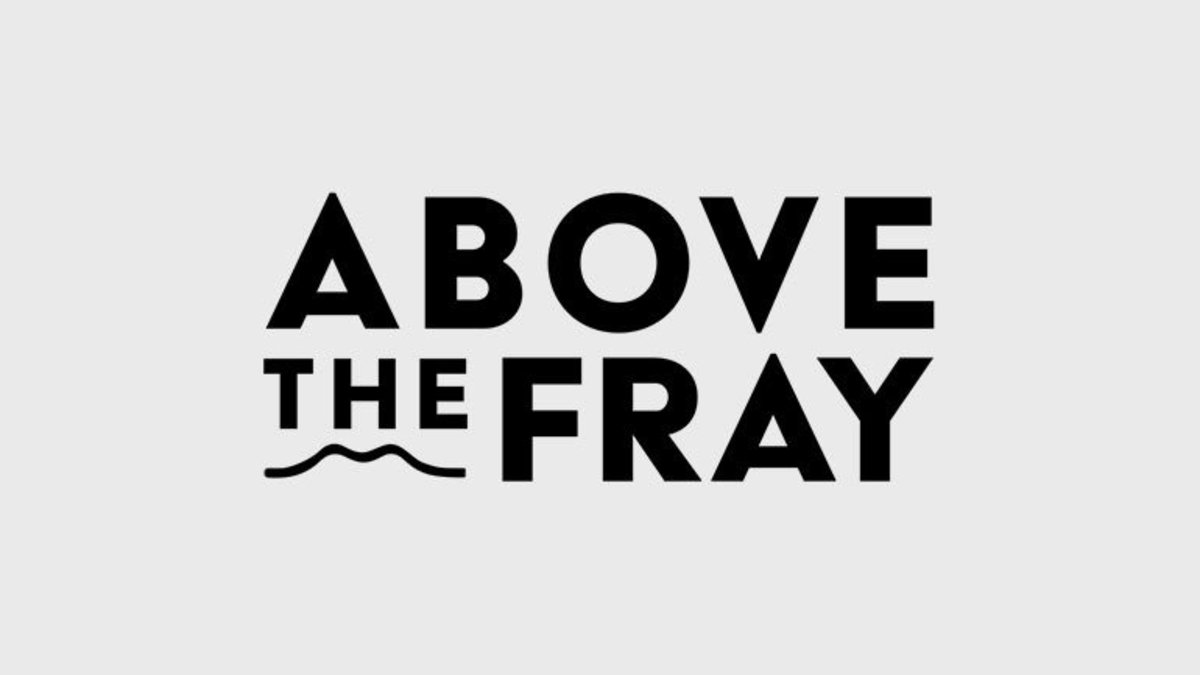God's Limitations

The major monotheistic religions of Judaism, Islam, and Christianity define and describe God using various superlatives. He is viewed as all knowing, all-powerful, morally perfect, completely self-sustaining, and in total control over his creation. On the surface, these superlatives make God seem utterly limitless. But when you look a little more closely, what you see is a God who faces severe limitations.
Human beings, because of our many flaws, have the capacity to grow, improve, and feel intense needs. We can learn new things, overcome obstacles and temptations, and emotionally connect to others. But if you have a being that knows everything, then he is incapable of experiencing what it is like to learn. If he is morally perfect, he does not have the capacity, or even the option, of doing something sinful. Essentially, he has a limited capacity to choose. If he can do anything, and he has complete control over his creation, he cannot face danger, overcome obstacles, or be caught by surprise. And if he is incapable of experiencing a sense of need for anything or anyone, then he has a limited capacity to connect with others on a deep level. Without the capacity for real emotional vulnerability, there will always be a certain amount of detachment.
According to one of the creation stories in the book of Genesis, humans were created in the image of God. It is impossible, however, to imagine the human experience without change, growth, deterioration, choice, unpredictability, pain, loss, and obstacles to overcome. So how could we be created in the image of a being that is so detached from all of the experiences that are so essential to being human?
Now some would say that my whole line of reasoning is fundamentally flawed. In fact, I am delving into territory where no human being has a right to go. Who am I, a measly human being, to be setting restrictions and limitations on God? To a certain degree, I accept this argument. I can handle the idea that God’s nature is more complex than my little mind can fully comprehend. But that said, I find it offensive when people argue that we should simply throw our hands up, stay away from the big questions, and accept certain concepts primarily on “faith.” This is analogous to a dictator telling us to accept the political system simply because he says so. I may never be able to comprehend God completely, but no being, no matter how powerful, can do the irrational or nonsensical. God cannot allow humans to make real choices while still controlling everything, create an unstoppable force that runs into an immovable object, or be completely self-sustaining while also feeling a need for relationships with human beings.
So in spite of defining God with superlatives, monotheistic scriptures also present God very often as being human. He is described sometimes as getting angry, feeling emotional pain, fighting opposing forces, and even changing his mind. Theologians might argue that this imagery is not meant to be taken literally. Because we are humans, God’s behavior is sometimes depicted in terms that we can understand. I suspect, however, that God behaves like us at times in these monotheistic traditions because the God of superlatives is abstract to the point of being impossible to feel a sense of connection. We cannot relate to this being who is completely foreign to our sense of what it means to be alive. So in spite of ourselves, we tend to define God in human terms, believing that he can do and experience things that are contradictory to his supposed nature.
Of course, there is always the possibility that there is a God that is not so perfect after all. Maybe the world has so many problems because God has messed up so often. Maybe ancient pagan traditions about anthropomorphic gods who often wreak havoc are closer to reality than the single God of superlatives. Or then again, maybe the only way for a creation to be interesting and alive is for the creator to not exercise complete control over it. And finally, it is also possible that gods are pure fantasy, and humans invent them as either a reflection of the world as we see it or as we want it to be.
To be honest, I have never heard of a cosmological alternative that I find particularly satisfying. For me, the ultimate mystery is why anything or anyone exists at all. The conventional monotheistic traditions do not resolve this mystery. Why would a perfect, self-sustaining God feel any need or desire to create, and where did this God come from anyway? And if atheism is true, does this mean that matter has always just existed, and something as amazing as human consciousness came into being through the random interaction of natural forces that consistently operate for some unknown reason? Whatever the case, people who are convinced that they have a completely satisfying answer to the big cosmological questions have not thought about them very much. It would be nice to have all the answers, although if we did, there wouldn’t be very much left to do. Like the God of superlatives, there would be no more opportunity for change, growth, learning, or many of the other things that make us human.

![Plastic Ono Band [Explicit]](https://m.media-amazon.com/images/I/61Cv8GzFViL._SL160_.jpg)








